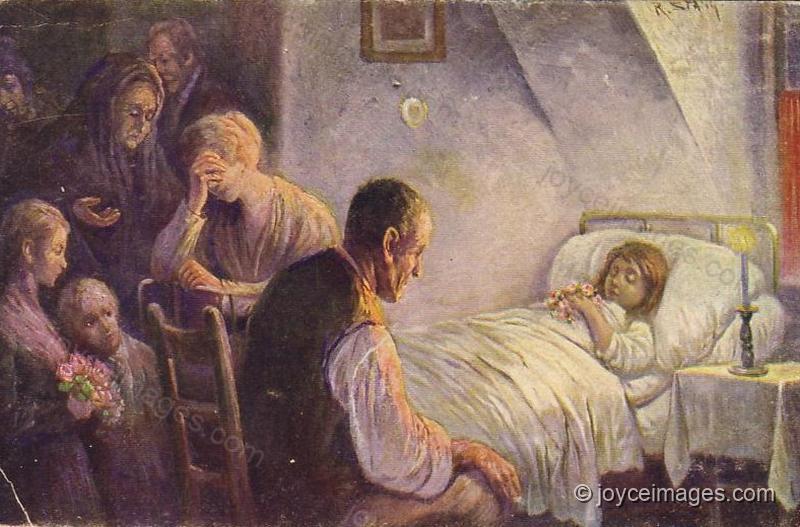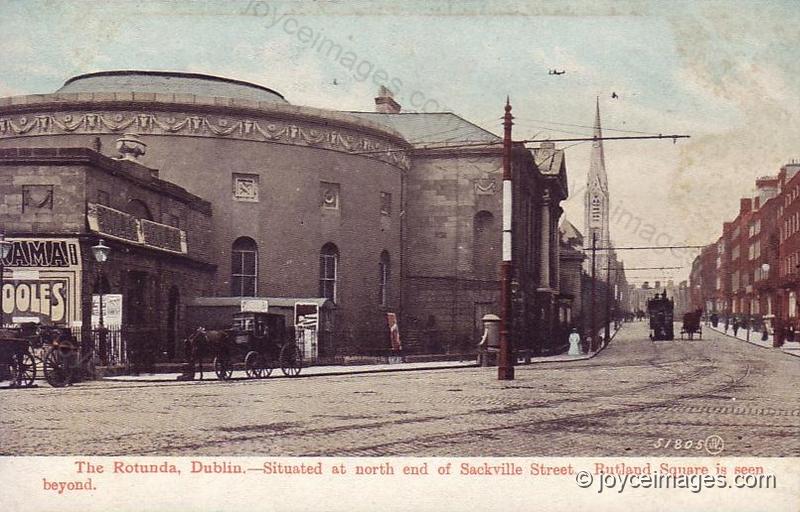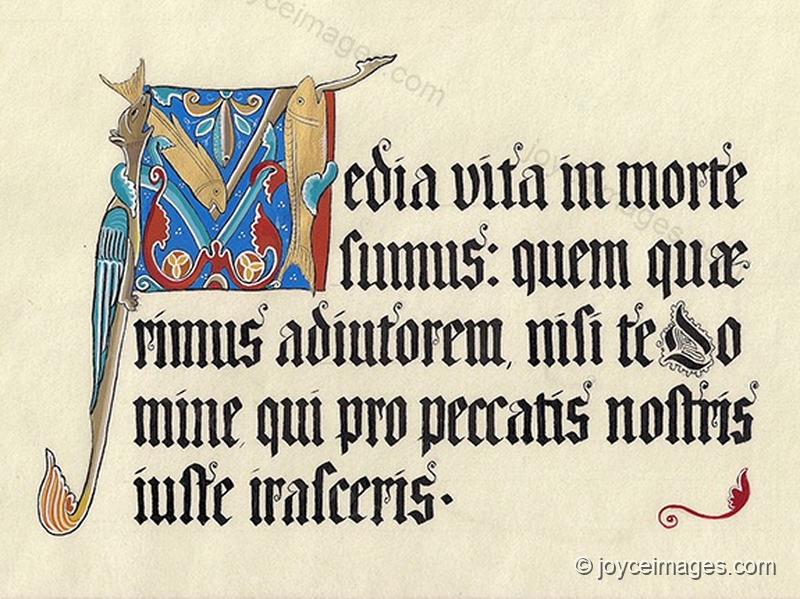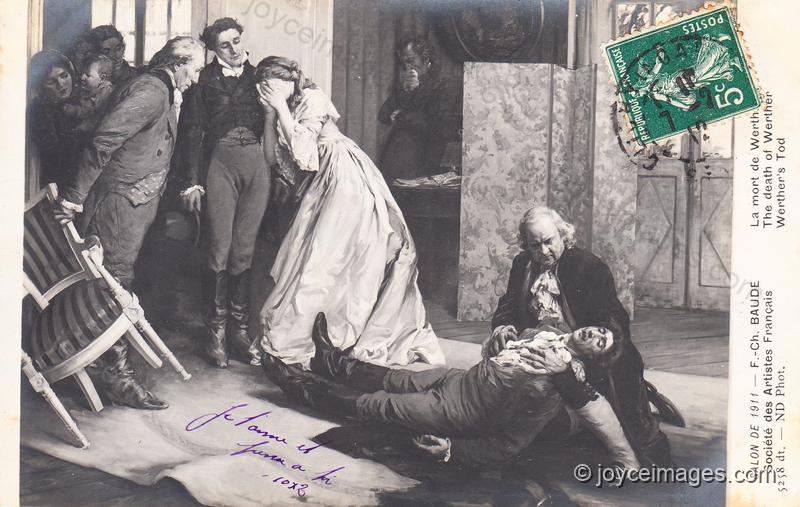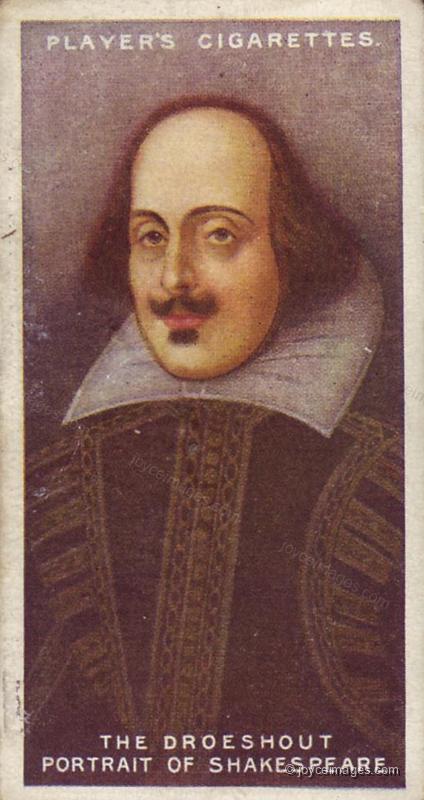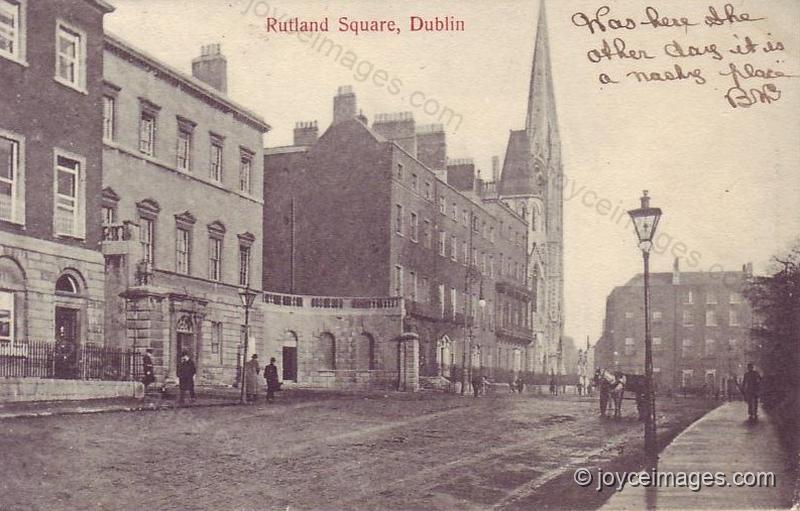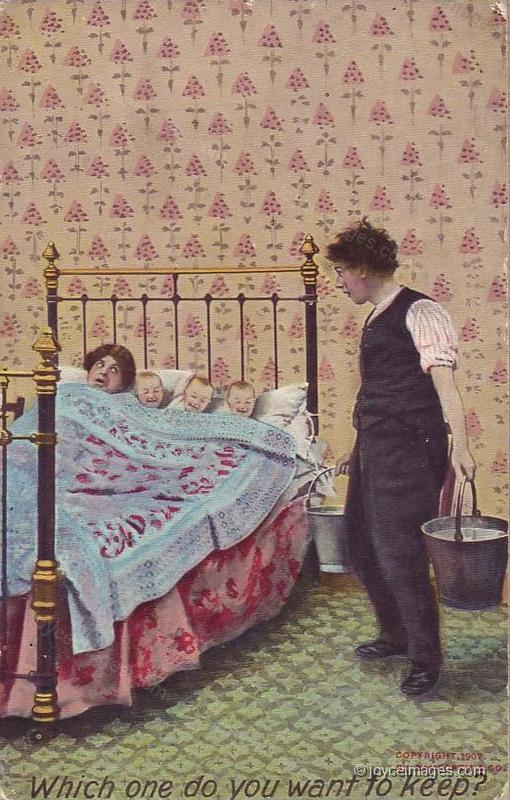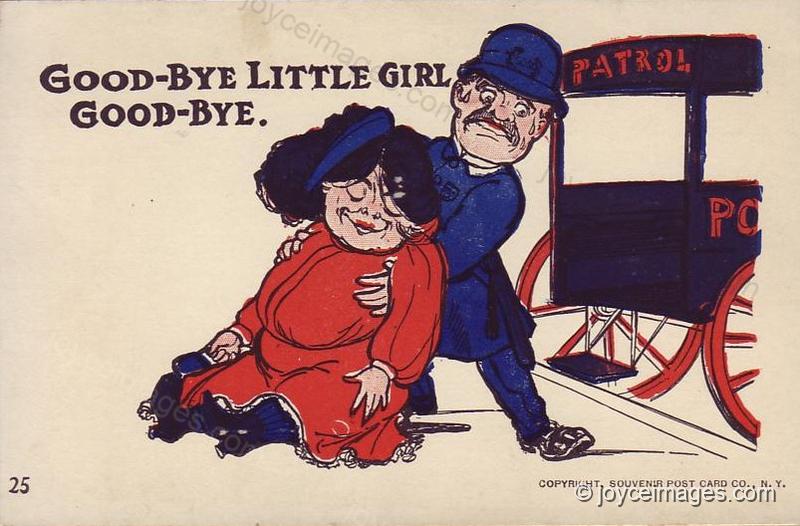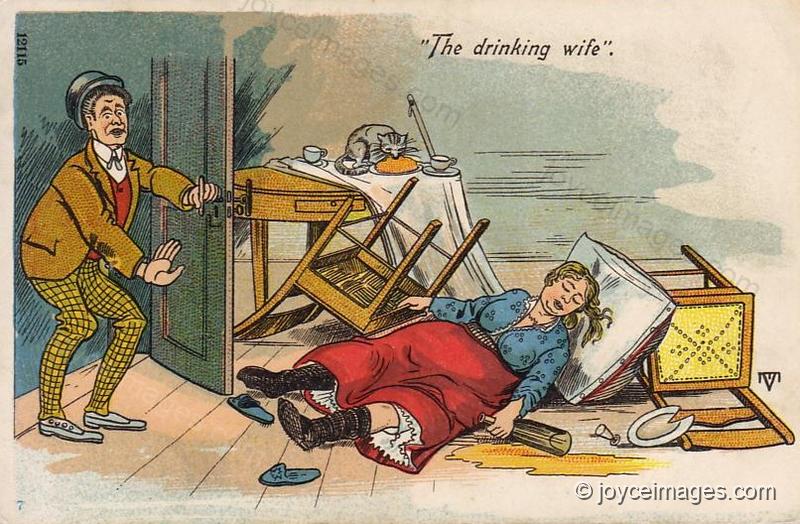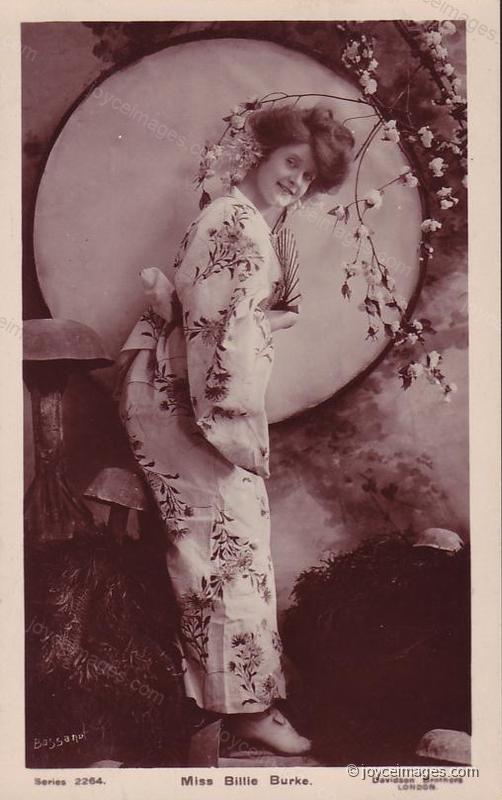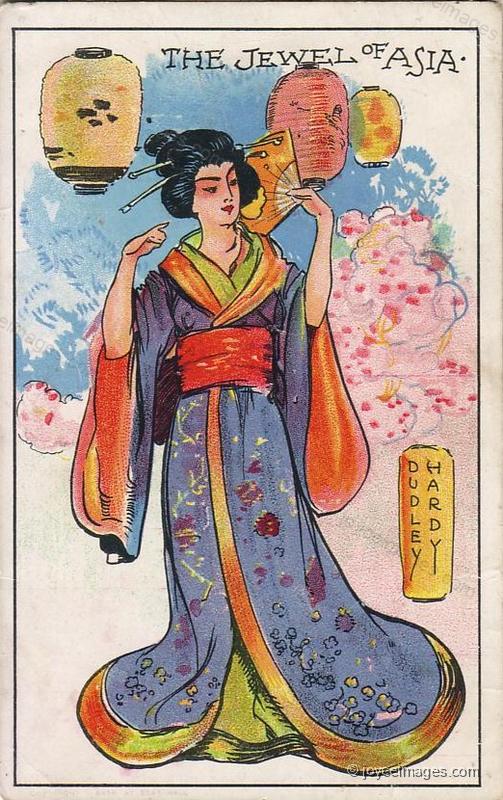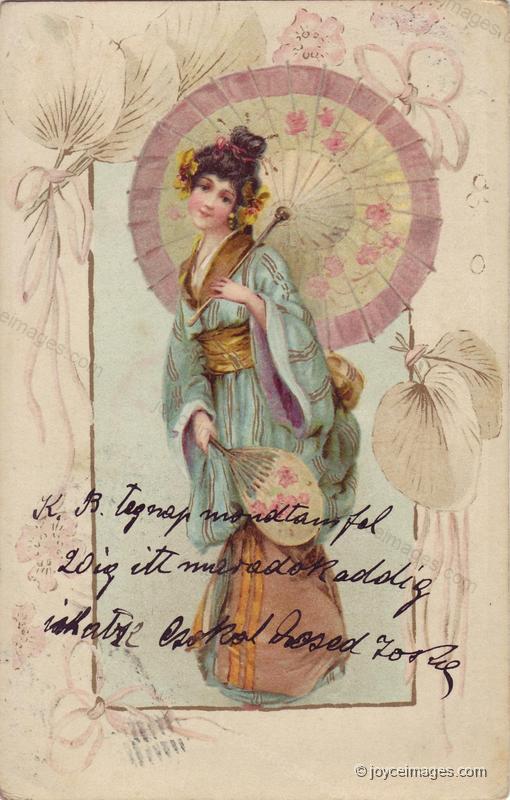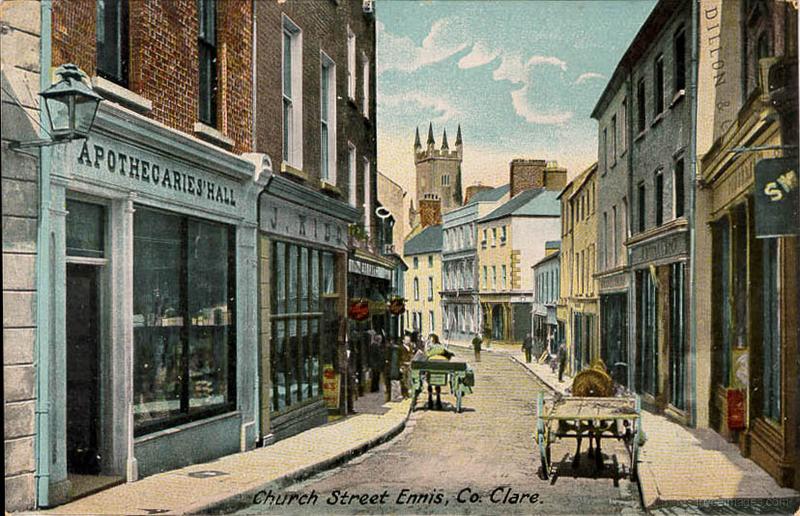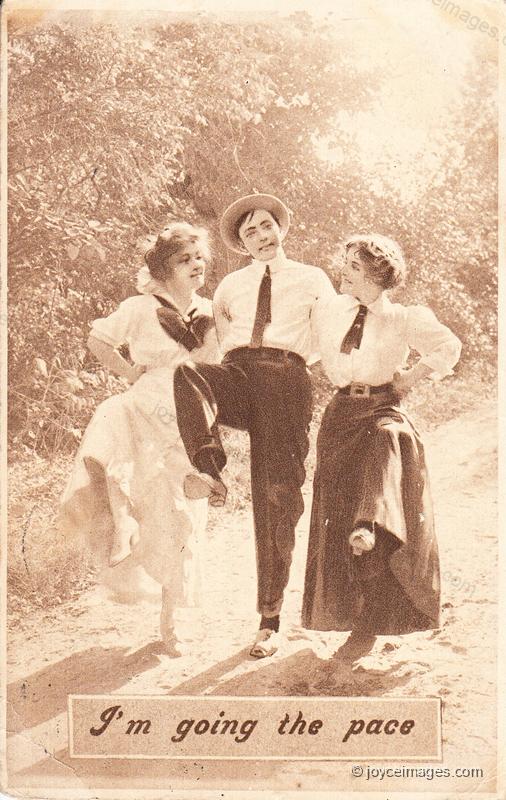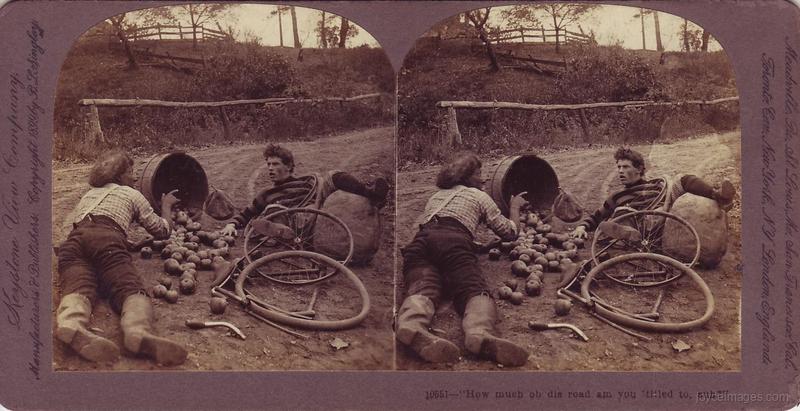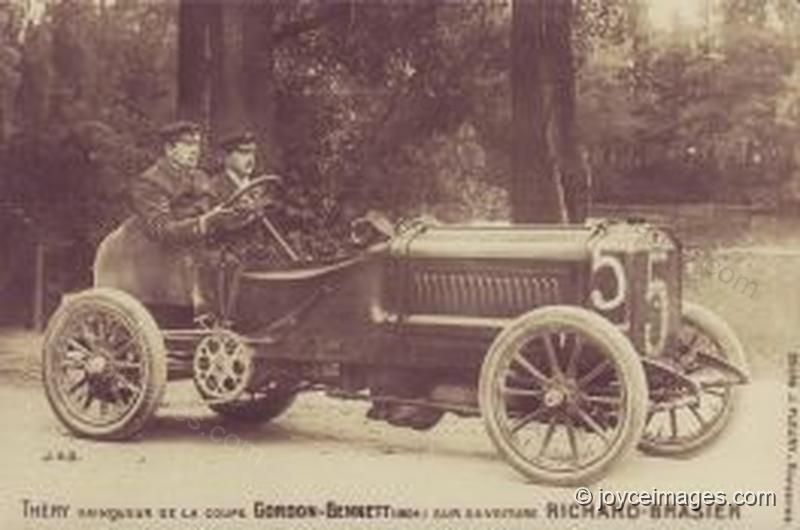"The carriage climbed more slowly the hill of Rutland square. Rattle his bones. Over the stones. Only a pauper. Nobody owns." (U6.332)
"— In the midst of life, Martin Cunningham said."
— But the worst of all, Mr Power said, is the man who takes his own life.
Martin Cunningham drew out his watch briskly, coughed and put it back.
— The greatest disgrace to have in the family, Mr Power added." ([U6.334])
— But the worst of all, Mr Power said, is the man who takes his own life.
Martin Cunningham drew out his watch briskly, coughed and put it back.
— The greatest disgrace to have in the family, Mr Power added." ([U6.334])
"— Temporary insanity, of course, Martin Cunningham said decisively. We must take a charitable view of it.
— They say a man who does it is a coward, Mr Dedalus said.
— It is not for us to judge, Martin Cunningham said." (U6.338)
— They say a man who does it is a coward, Mr Dedalus said.
— It is not for us to judge, Martin Cunningham said." (U6.338)
"Martin Cunningham's large eyes. Looking away now. Sympathetic human man he is. Intelligent. Like Shakespeare's face." (U6.343)
"Always a good word to say. They have no mercy on that here or infanticide. Refuse christian burial. They used to drive a stake of wood through his heart in the grave. As if it wasn't broken already. Yet sometimes they repent too late. Found in the riverbed clutching rushes." (U 6.345)
"Setting up house for her time after time and then pawning the furniture on him every Saturday almost. Leading him the life of the damned. Wear the heart out of a stone, that. Monday morning start afresh. Shoulder to the wheel." (U6.350)
"Lord, she must have looked a sight that night Dedalus told me he was in there. Drunk about the place and capering with Martin's umbrella:" (U6.353)
"And they call me the jewel of Asia,
Of Asia,
The geisha." (U6.355)
'The jewel of Asia' is a song from 'The Geisha, a Story of a Tea House', a light opera in two acts with score by Sidney Jones, libretto by Owen Hall, and lyrics by Harry Greenbank.
Of Asia,
The geisha." (U6.355)
'The jewel of Asia' is a song from 'The Geisha, a Story of a Tea House', a light opera in two acts with score by Sidney Jones, libretto by Owen Hall, and lyrics by Harry Greenbank.
The opera 'The Geisha' tells of the love of Lt. Reggie Fairfax, a naval officer stationed in Japan, with the geisha Mimosa San. Their relationship is thwarted by Reggie's English fiancee Molly. The opera ends with Reggie happily wedding Molly; Mimosa is set free to marry her lover Katana.
The Geisha was first performed April 15th 1896 at Daly's Theatre in London, and produced by George Edwardes. The original production ran for 760 performances, the second longest of any musical up to that time. The cast included Marie Tempest in the role of O Mimosa San, Letty Lind as the dancing soubrette Molly Seamore, C. Hayden Coffin as Lt Reginald Fairfax, and Huntley Wright as Wun-Hi.
The Geisha was first performed April 15th 1896 at Daly's Theatre in London, and produced by George Edwardes. The original production ran for 760 performances, the second longest of any musical up to that time. The cast included Marie Tempest in the role of O Mimosa San, Letty Lind as the dancing soubrette Molly Seamore, C. Hayden Coffin as Lt Reginald Fairfax, and Huntley Wright as Wun-Hi.
"He looked away from me. He knows. Rattle his bones.
That afternoon of the inquest. The redlabelled bottle on the table. The room in the hotel with hunting pictures. Stuffy it was. Sunlight through the slats of the Venetian blind. The coroner's ears, big and hairy. Boots giving evidence. Thought he was asleep first. Then saw like yellow streaks on his face. Had slipped down to the foot of the bed. Verdict: overdose. Death by misadventure. The letter. For my son Leopold.
No more pain. Wake no more. Nobody owns." (U6.359)
That afternoon of the inquest. The redlabelled bottle on the table. The room in the hotel with hunting pictures. Stuffy it was. Sunlight through the slats of the Venetian blind. The coroner's ears, big and hairy. Boots giving evidence. Thought he was asleep first. Then saw like yellow streaks on his face. Had slipped down to the foot of the bed. Verdict: overdose. Death by misadventure. The letter. For my son Leopold.
No more pain. Wake no more. Nobody owns." (U6.359)
The carriage rattled swiftly along Blessington street. Over the stones.
- We are going the pace, I think, Martin Cunningham said." (U6.366)
- We are going the pace, I think, Martin Cunningham said." (U6.366)
